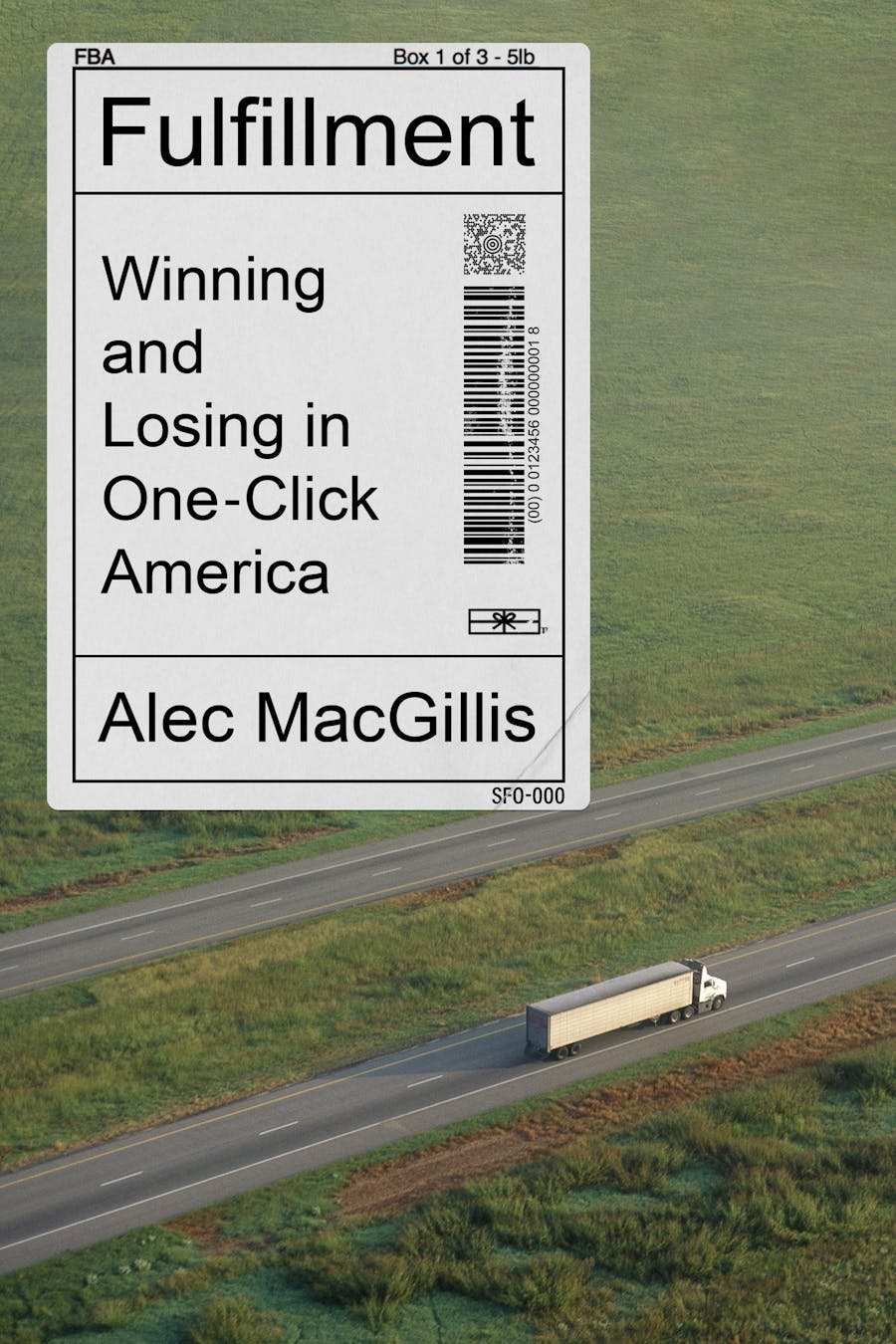A Primer on Powerful Numbers: Selected Readings in the Social Study of Public Data and Official Numbers
This publication is intended to be a non-exhaustive syllabus organized around a series of teachable or debatable claims concerning the influence institutions of authority have on how data and numbers are created, as well as how that information is used by the datafied state to make fundamental decisions about democratic policy and process.
Official numbers are the foundation upon which modern societies trust data. An official number is different from any other number because it’s given with authority and always there for the taking. Official data sets come out of bureaucratic and corporate offices and are imbued with the authority of those in power.
Six key arguments that center on the authority of data:
- Modern societies are built to trust in official numbers (they even let official numbers make key decisions);
- Official numbers are made, not found;
- We forget that official numbers have to be made even when things are going well;
- Institutions make public data and they make data public;
- Official numbers are political; and
- Consensus on official numbers requires work.














